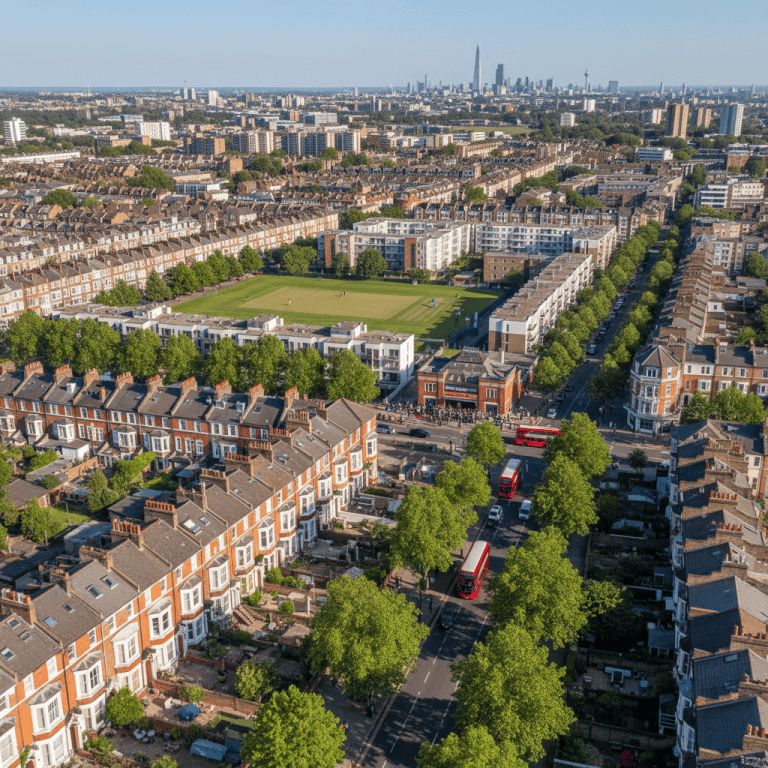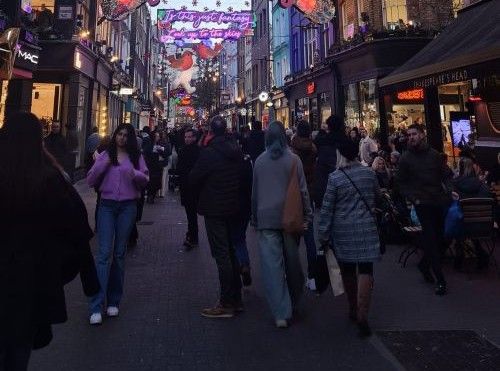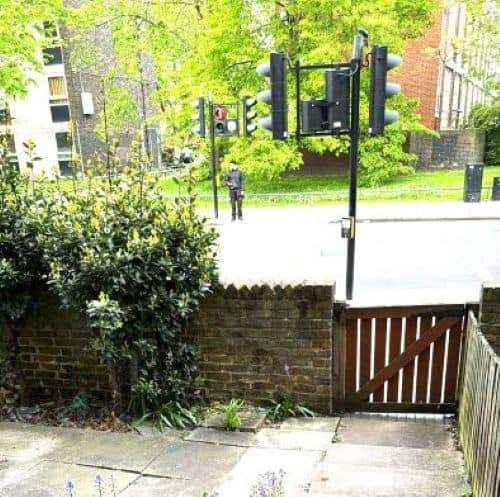Students lose more money to accommodation scams than any other type of fraud when moving to London.
Not phone theft. Not pickpocketing. Accommodation deposits sent to scammers posing as legitimate homestay or flatshare providers.
What Actually Goes Wrong With Fake Accommodation
Students call us after bad experiences and we hear the same stories repeatedly.
Sometimes the scam is simple and brutal – the property doesn’t exist at all. Someone posts a listing on Gumtree or Facebook with photos they’ve stolen from somewhere else. You send your deposit. They disappear. No accommodation, no response, no way to get your money back. One Brazilian student told us she’d sent £1,000 for a room near King’s Cross. Turns out the address was a Tesco. We see this pattern constantly.
Here’s How to Spot Fake Accommodation Listings Before You Lose Money
More often than not, the accommodation does exist, but it’s nothing like what was advertised, and by the time you realize, you’re stuck.
Photos in the listing might be years old, from a different room, or carefully angled to hide the property’s true condition. What looked clean and bright online can turn out to be run-down, dirty, and poorly maintained. A listing may promise a spacious room with natural light, but when you arrive, it’s actually a converted storage space with a tiny window.
One Italian student called us nearly in tears, just three days after moving in. The listing had mentioned “shared accommodation” but didn’t specify there were eight other people living there with students sleeping in the living room, 45-minute waits for the bathroom, and no room to store food because the fridge was packed. The photos had shown a nice kitchen. What she got was chaos.
This happens when there’s no host or lead person managing the property. Nobody is in charge, so standards slip quickly. One person stops cleaning, everyone else thinks, “Why should I bother?” Within a week, the kitchen is unusable, bins overflow, and conflicts escalate. You’re paying for accommodation but living in a house-share that has fallen apart.
The bait-and-switch tactic is particularly nasty. A student books a room in Clapham, Zone 2, close to her school. After a long flight, she arrives with all her luggage, only to be told, “Sorry, that room got taken yesterday, but we have another property available.” She’s driven to Zone 5, far from school, exhausted, and unsure of where else to go—so she reluctantly accepts it.
A Korean student experienced the same thing. She specifically chose Zone 2 to avoid a long commute, but ended up 80 minutes away. After a week, the commute broke her, and she had to find a new place. Unfortunately she lost her deposit, a week’s rent, and precious time to settle in before her course began.
It’s no wonder students become cautious and skeptical after being burned once. They ask endless questions, verify details multiple times, and barely trust anyone, even when a host is legitimate.
Red Flags That Mean You Should Walk Away
While these stories are alarming, there are clear warning signs you can look for before sending any money:
- Price far below market rate: Homestays with meals usually cost £250–285 per week in London. If someone offers £150, it’s likely a scam.
- Professional-looking photos: Genuine homestays use casual phone photos with normal lighting and small personal touches. Stock-photo or hotel-style images are suspicious.
- Generic descriptions: Watch out for vague listings like, “Beautiful accommodation in a prime London location with all amenities.” Legit hosts provide specifics: room size, shared bathroom, exact area, and distance to transport.
- No address or area info until after payment: Real providers give the general location or postcode so you can check the commute.
- Pressure to pay immediately: Scammers try to panic you into sending a deposit. Legitimate hosts answer questions and let you make an informed decision.
- Payment only by personal bank transfer: Without a secure platform or contract, your money could be gone instantly.
- Identical reviews: Multiple reviews with almost the same wording likely indicate fake feedback. Real reviews share details of the experience.
The Booking Platform Problem
Then there are the big booking platforms – the ones that look professional, have slick websites, millions of listings worldwide. You’d think booking through a major platform means you’re protected. You’re not.
These platforms are just listing sites. They’re advertising accommodation, not providing it. You book directly with the host, you pay the host, and if something goes wrong – if the room’s not as described, if it’s overcrowded, if the photos were misleading – the platform isn’t responsible. All you can do is leave a bad review and try to find somewhere else to stay. Your money’s still gone.
We’ve had students call us after using these platforms. They arrived to find the accommodation nothing like the listing, contacted the platform expecting help, and were told “this is between you and the host, we’re just the listing service.” No refund, no alternative accommodation, nothing. Just a suggestion to leave a review to warn other people.
The platform takes their booking fee regardless. The host has your deposit. You’re the one stuck scrambling for somewhere else to stay while your course starts in two days.
Summary
These scams work because students don’t know what legitimate verification looks like. You’ve seen what goes wrong – now let’s focus on what to actually check before booking.
The good news? Spotting legitimate providers is straightforward once you know what to look for. In our next guide, we’ll show you the specific checks that expose scammers, the questions they can’t answer, and exactly what the booking process should look like when you’re dealing with a proper, verified homestay provider.
Read Part 2: How to Book Legitimate Homestays in London. Please click here

















